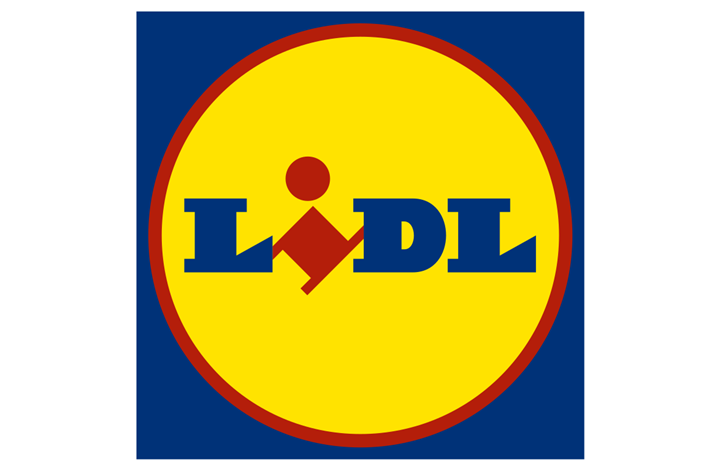
Many people will be unaware but supermarket chain Lidl has been involved in the building of housing developments since 2008. While there are plans to develop in excess of 3000 homes across London the company is already involved in developments totalling 811 homes. Records show that 335 homes have already been built and 476 are currently ongoing. So, why is Lidl involved in housing developments?
Local authority planning applications
It is common knowledge that there is a serious shortage of affordable/social housing across the UK. Despite promises from national and local government the issue is no nearer a solution and indeed many would argue the situation has worsened of late. So, many local authorities are now looking for more innovative ways to introduce affordable housing into a variety of planning applications.
Historically, many supermarkets have been criticised for increasing their land banks for future use while reducing the opportunity for short-term development by other parties. It seems that Lidl is more than happy to be directly involved in the building of new homes and “mixed use developments” which will obviously incorporate supermarket services.
A win-win situation
While many will be sceptical of Lidl’s direct involvement in housing developments, in many ways this is a win-win situation. The creation of vibrant communities is vital to the success of any property development and supermarkets, hotels and student accommodation (planned for Lidl mixed use developments) all play a major role.
As if to demonstrate its ability to think outside of the box, Lidl has recently agreed to accommodate a primary school in London above one of its new supermarket stores. Records show that both Lidl and the primary school in question had undertaken a search for suitable premises which lasted in excess of two years. So, the decision to create a dual-purpose development has proven to be mutually beneficial to all parties.
Softening the face of business
For far too long now supermarkets such as Tesco have been the often unacceptable face of capitalism. Acquiring land to stop others developing and squeezing local retailers out of the market have become common traits. In the eye of the consumer the likes of Lidl have a softer face than Tesco and the company’s willingness to become involved in local developments has not gone unnoticed.
On the flipside of the coin, Lidl is a business and profit is essential for the company’s long-term success. Incorporating Lidl stores into new housing developments is a masterstroke, ensuring there is a significant customer base on its doorstep and often speeding up planning consent. We live in an era where businesses and local authorities need to work hand-in-hand and the “us-and-them” attitude of years gone by is fading. While the likes of Tesco have had many opportunities to follow a similar path, Lidl is leading the way.
Conclusion
It will be interesting to see if other retailers in the UK follow suit and become more involved in local housing developments with mixed use. In what is fast becoming a case of “you scratch my back and I will scratch yours” local authorities are becoming more focused on community developments and planning applications where there is something for everybody. The introduction of an additional 3000 homes to the Lidl property development programme is certainly a big jump for the company but one which seems to be well founded.

